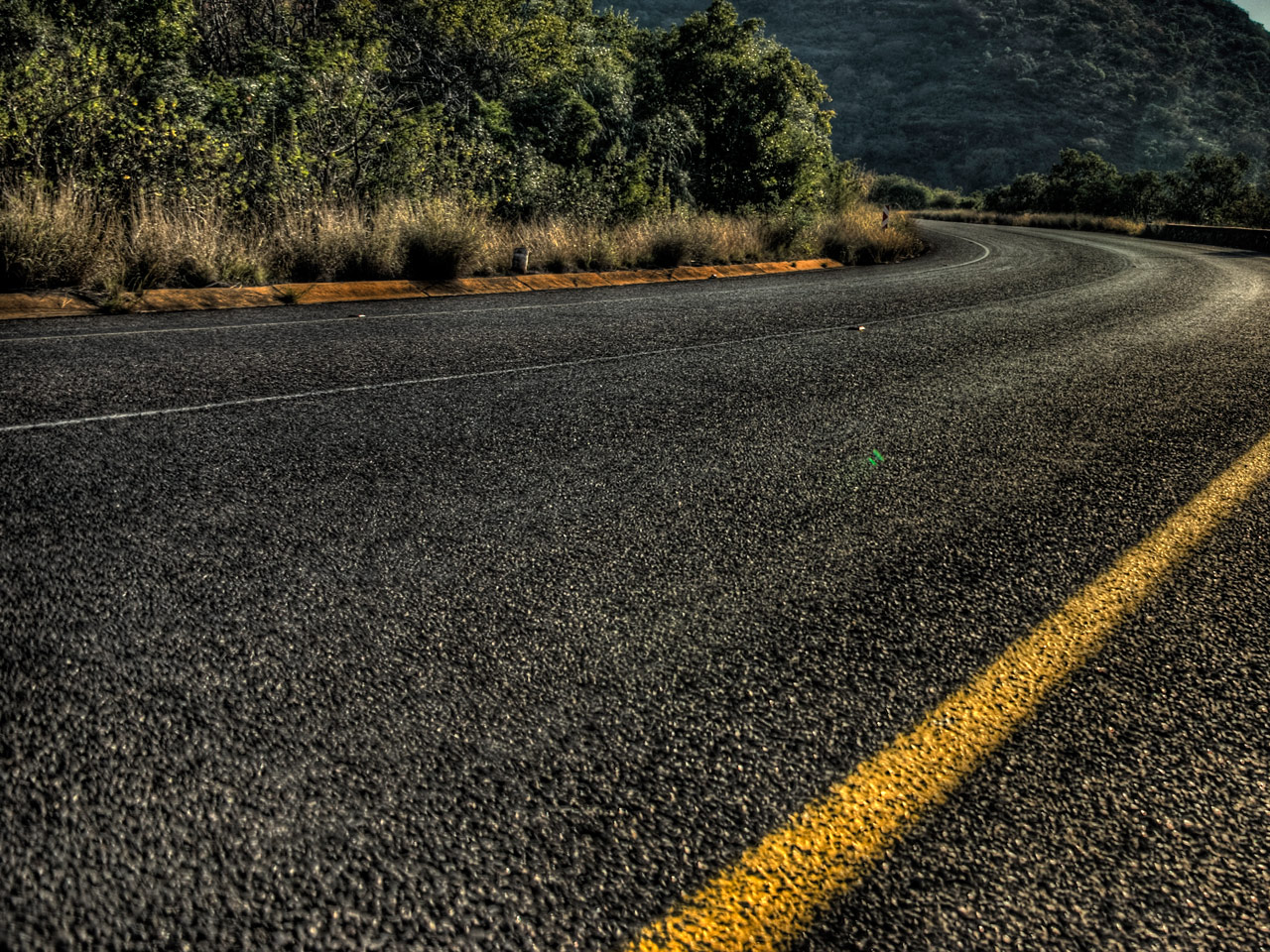Truth be told, I blame Kerouac. Later on, Dana Snyman had a hand in it too, but mostly, originally, it was Kerouac’s fault.
Like most middle class South African folk, I grew up with two truisms about travel. That it was expensive, and that – outside of carefully managed pockets of saccharine luxury – it was generally dangerous. This was true of all travel in South Africa, and – by extension – the rest of the world.
Africa north of the Limpopo did not count as the rest of the world in this reasoning. It was another planet altogether.
Until Kerouac came along, travel meant meticulously planned and budgeted, multi-day family expeditions in chromed-up luxury tanks that housed every possible outdoor tool and toy that the Joneses didn’t have yet. The sort of survivalist technology that, had the Voortrekkers had it, would have resulted in Johannesburg being founded somewhere in the Congo.
This travel would often be to incredulously well-maintained bush or seaside resorts with exotic and occasionally offensive African names forged from a mix of too much money and too little history, seasoned with a tiny pinch of coke from the glass table of an expensive ad agency. “If we add more z’s to the name, and thatch the roof, we can pull in an extra grand a day”. Or so I imagine the refrain went.
But I digress. Travel was when the organised and the equipped went to the safe and luxurious.
Which was why Keroac made such an impression. Just the idea that travel could be cheap, open and undirected was heretical. Like the child who finds out Santa isn’t real, the teenager who discovers that the school guidance counsellor lied to them about the fun of drinking, and the adult who comes to realise that a nine-to-five and golf on Sundays isn’t a life. The battered copy of On the Road that found me whispered naughty secrets about just getting up and going. That the world wasn’t a thing that the traveller needed to fortify themselves away from behind the literal walls of golf estates and the metaphorical ones of timeshare and catalogues of toys.
It was just there, to be explored. Quite literally, all you needed was to leave your front door.
That was the philosophy that informed what we would call 48-hour road trips. Though we’d only come to actually call it anything much later when we needed a concept to explain ourselves. Using the car of whoever volunteered it and a pool of petrol money from the brave or bored who had decided to join up for it, you’d leave on a Friday night and come back late on Sunday. What happened in the space between would be as unplanned as possible. You’d all agree, mostly, to point to car in some broad direction – North, South, Swaziland, the Kalahari, whatever – but the rest had to be worked out on the way.
It broke with my truisms of South African travel in a spectacular way. It wasn’t perticularly expensive, nor – as we’d come to learn – was it particularly dangerous. It was the sincere, vehicle-borne equivalent of those inane teambuilding exercises where you fall over backwards and hope like hell your friends will catch you. Off you would go on a Friday afternoon, pushing beyond Joburg’s ring of rush hour steel and into the sunset (if you had elected to head west that weekend).
We’d learn that Lesotho was actually not all that far away, and that finding acceptable late-night accommodation on a wing and a prayer is a great deal easier than we’d ever thought. We found a town filled with mercenaries, empty monuments in maize fields and my brother once went swimming in the pool from which the Groot Marico River flows. We’d meet bartenders in the kind of small pubs that still have boer republic flags and bronzed animal sculptures. They’d tell us crazy stories of nearby places and we’d try and find them.
We weren’t the rail stowaways of Kerouac’s memory, just the next best thing we knew enough to try and become. Traveling on the cheap, unguided, through landscapes and histories of a country that we would learn we barely knew.
Just forty eight hours, a car, and a commitment to open ends. It was enough to find that South Africa’s roads remembered all the places we’ve all long forgotten.

